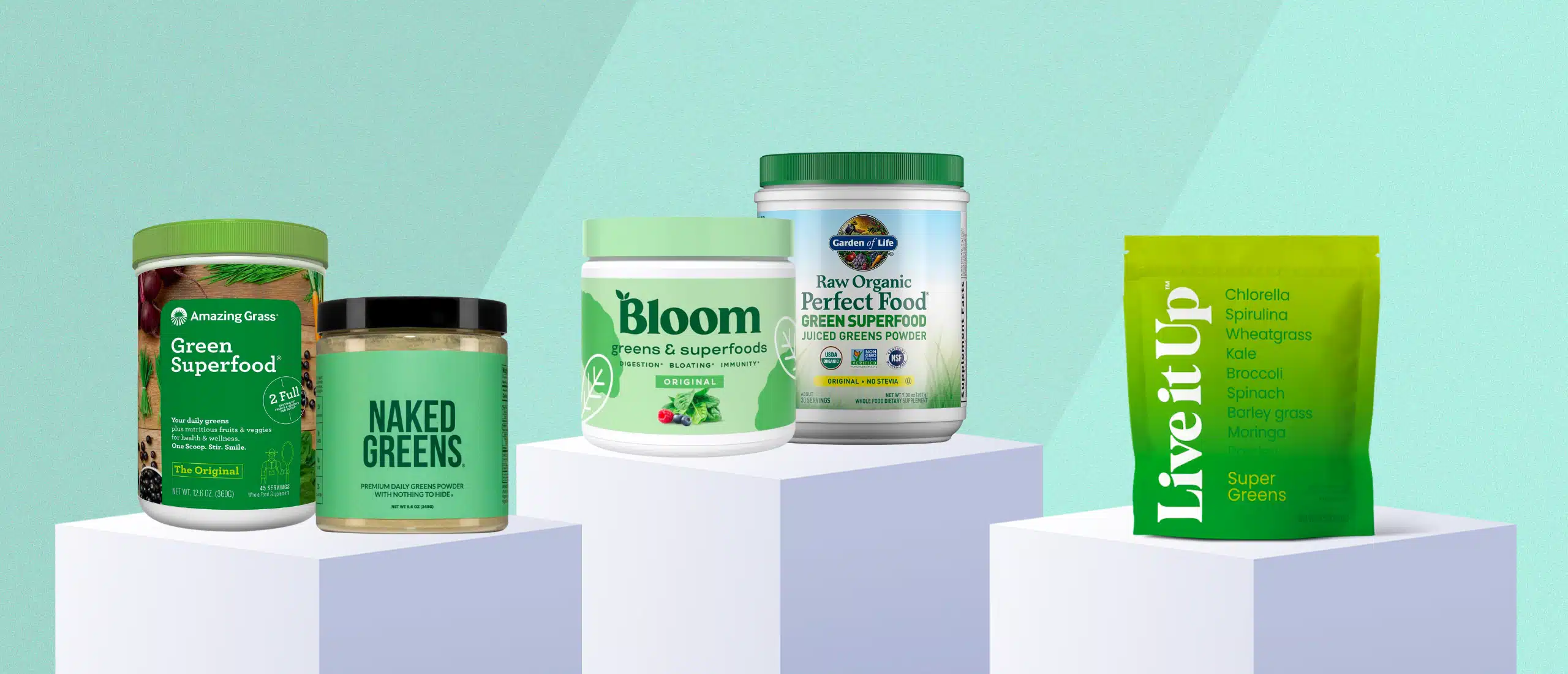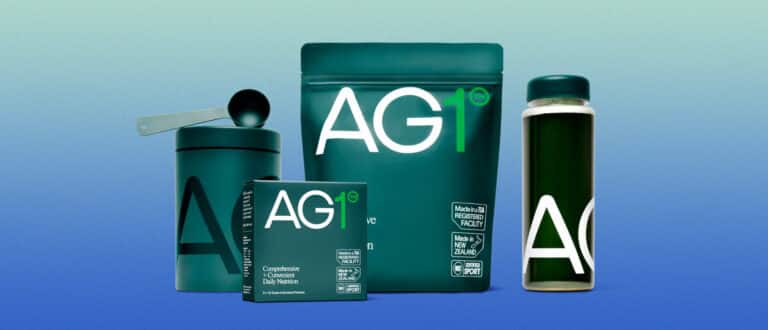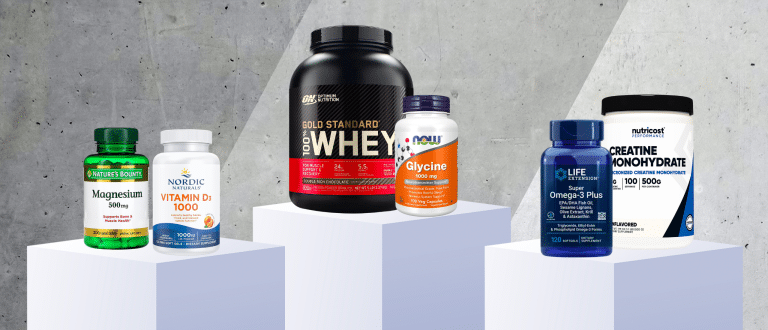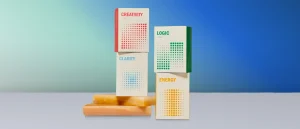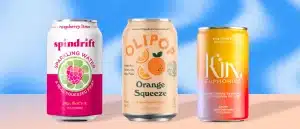Are There Any Legit Alternatives to AG1 Greens Powder?
In case you missed it, drinking extremely off-putting green water—AKA greens powders—is very in right now. Greens powders, which look worse than they taste, are what they sound like—water-soluble powder that brings a truckload of the benefits of eating fruits and vegetables to a glass of water. And the current king of the market, rightly or not, is AG1, or Athletic Greens.
AG1, which launched in 2010, is essentially a powdered super vitamin you dump into water and shake up before consuming. Unlike a standard multivitamin, though, the stuff in AG1 is derived primarily from whole foods, and the benefits are further reaching than a multivitamin. At the same time, the cost is—how can I put this?—extremely high relative to multivitamins and greens powders elsewhere on the market. This has led to people asking if AG1 is really worth it, and an increase in brands advertising themselves as AG1 substitutes. Here’s everything you need to find a quality AG1 alternative that fits your budget and health goals.
Editor’s note: It’s always wise to seek information on any particular supplement with your primary care physician before buying. Though the vast majority are perfectly safe to take recreationally, everyone is different and some may affect other prescription medications.Your doctor is best positioned to give you personal guidance on the subject.
My Experience
Hone Health is a team of nutrition-obsessed journalists, editors, fitness junkies, and product reviewers. I’ve been needling, prying apart, and reviewing products for seven years now, and I’ve spent days researching AG1, Athletic Greens alternatives, and greens powders, including having already reviewed AG1. I’ve also tried a number of other greens powders (many of which appear in this guide), and can vouch for taste, texture, and overall value.
The Best AG1 (Athletic Greens) Alternatives
What are Greens Powders? Are Greens Powders Worth It?
Greens powders are nutrient-rich dietary supplements containing a blend of greens and other superfoods, minerals, and occasionally pre/probiotics and added digestive enzymes. They’re rich in vitamins, micronutrients, and antioxidants, too. So why isn’t everyone taking a greens powder supplement?
For one, they can be expensive. Athletic Greens will run you more than $3 a serving, and even though most greens powders aren’t that pricey, Athletic Greens is the most prominent brand. They’re also not always pleasant to drink—the powder is mixed in a glass of water, or into a shake, and the flavor is heavy on the grass while the texture leaves something to be desired (think very fine sand in your water).
But the reason they’ve become popular of late is fairly clear: it’s good to get a ton of vegetables and fruits in your body.
“Greens powder supplements could benefit adults with a scarcity of greens in their daily diet. This includes individuals who wish to supplement a healthy diet or those with limited access to fresh produce due to various factors,” Kelsey Costa, RDN, says.
Costa notes that while research aimed specifically at greens powders is scarce, related studies—like this 2009 study (2) on a fruit and vegetable powder’s positive effect on blood pressure outcomes, or this 2013 study (3) showing a similar product’s efficacy as an anti-inflammatory agent—do show promise.
Costa also says greens powders do not replace whole-food plants and fruits in your diet, which should be obvious but bears repeating.
“While greens powders can supplement a diet deficient in leafy green vegetables, they do not replace the nutritional complexity and benefits acquired from eating whole greens. This is because they lack essential dietary fibers and beneficial compounds in whole fruits and vegetables, which can aid in digestion, blood sugar regulation, and overall health.”
References
1. Kiefer, David (2003). Panax Ginseng. https://www.aafp.org/pubs/afp/issues/2003/1015/p1539.html
2. Zhang, John et al (2009). The effect of fruit and vegetable powder mix on hypertensive subjects: a pilot study. https://www.ncbi.nlm.nih.gov/pmc/articles/PMC2732245/
3. Lamprecht, Manfred et al (2013). Supplementation with a juice powder concentrate and exercise decrease oxidation and inflammation, and improve the microcirculation in obese women: randomised controlled trial data. https://www.ncbi.nlm.nih.gov/pmc/articles/PMC3821373/



